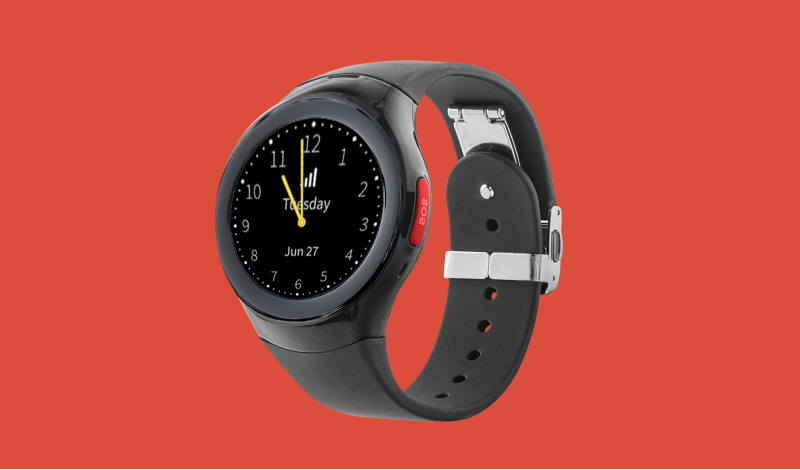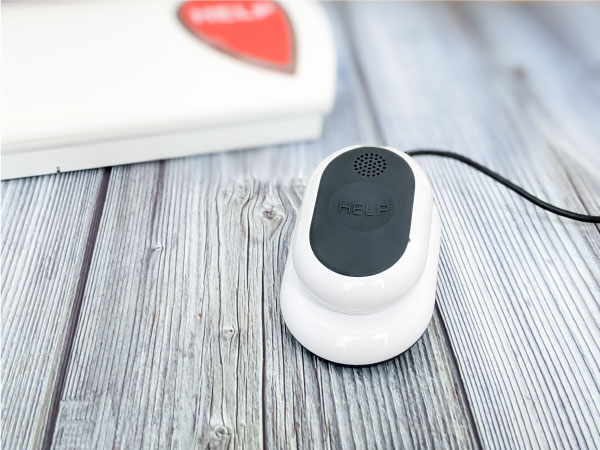The holiday season between Thanksgiving and New Year’s Day can be especially stressful for caregivers. They already have a lot of responsibilities without adding pressure to create a “perfect holiday” for the family. It’s no wonder that “self-care” falls by the wayside, while the caregiver’s mental and physical health suffers.
Here are some ways you can help the caregiver in your life during the holidays – or even all year long.
Give the gift of time.
A lot of caregiver stress comes from feeling like there’s never enough time in the day to get everything done, so a gift of your time is especially appreciated.
Be specific: a vague “let me know how I can help” puts the burden on your friend or family member to decide if you really mean it and contact you to work out a time/task. However, a specific, detailed offer shows that you’re serious about helping:
- “I’m free Tuesday and Wednesday morning next week. Can I come over and sit with your mother so you can take some time for yourself?”
- “I’ll be out running errands this weekend. Can I pick up anything you need?”
- “I’d like to bring dinner over for your family one night soon. When would be a good time?”
- “We’d love to host the kids for a sleepover.”
Specific offers open the door for honest discussion. Once they know you’re serious about helping, they’ll feel more comfortable telling you how you can help.
Choose self-care gifts.
Caregiver burnout happens when the person is so busy taking care of everyone else that she neglects her own physical and mental health. Consider gift options that help caregivers relax and recharge, including:
- Gift certificates for massages, manicures, haircuts, etc.
- A day of pampering at a spa
- Tickets to theater performances, sports events, or movies
- Restaurant or food delivery gift cards
- Home services like maid service, lawn maintenance, or a streaming subscription
If you’re giving gifts that require your friend or family member to be away from home responsibilities, make sure they have access to respite care or offer to cover for them yourself. Otherwise, you’re just adding more stress!
Host hybrid celebrations.
Don’t be the host who insists that every single family member travel to attend a traditional holiday celebration. Remember that caregivers are carrying a lot of responsibility already. Furthermore, people with disabilities have difficulty traveling (wheelchair users are particularly affected). People with dementia can feel overwhelmed and confused by unfamiliar surroundings, and become agitated and disruptive.
Consider hosting a hybrid celebration. Family members who are comfortable traveling and being in large groups get together in person, while others can participate via Zoom, FaceTime, or other online apps.
Keep in-person celebrations simple and small.
People with cognitive decline often get over-stimulated and confused in large, noisy groups. Be sure to provide a quiet space for them and have a person assigned (not the primary caregiver!) to watch over them. Often, a short walk or quiet time with a family photo album and calm someone and make their time more enjoyable.
Consider playing familiar holiday music – Bing Crosby’s Christmas album, for example, instead of Madonna’s. Multiple studies have shown that playing familiar music from their youth can help dementia patients recover lost memories. Those old albums could help your family member stay calmer and maybe even remember from fun family stories from long ago.
Home medical life alert systems with caregiver tracking offer peace of mind
Wandering is a common symptom of Alzheimer’s and other forms of dementia, but it may also affect people with autism, head injuries, strokes, and other brain syndromes.
Holidays are busy times, with people coming and going, and people are distracted. That makes it easier for a family member to wander away and get into a dangerous situation. All caregivers worry about their loved one wandering or disappearing into a crowd. That’s added stress because you can’t watch someone every minute of every day.
Bay Alarm Medical can help.
Our medical alert system with GPS offers protection on-the-go. The optional “caregiver tracking” portal works on your computer, tablet, or smart phone. Find your loved one’s current location and view location history via the history function. For added safety, you can set up geofencing and receive an alert when they leave home or a defined geographic area.
Talk with a representative via online chat at the Bay Alarm Medical Web site or call 1-877-522-9633 to learn more.


















